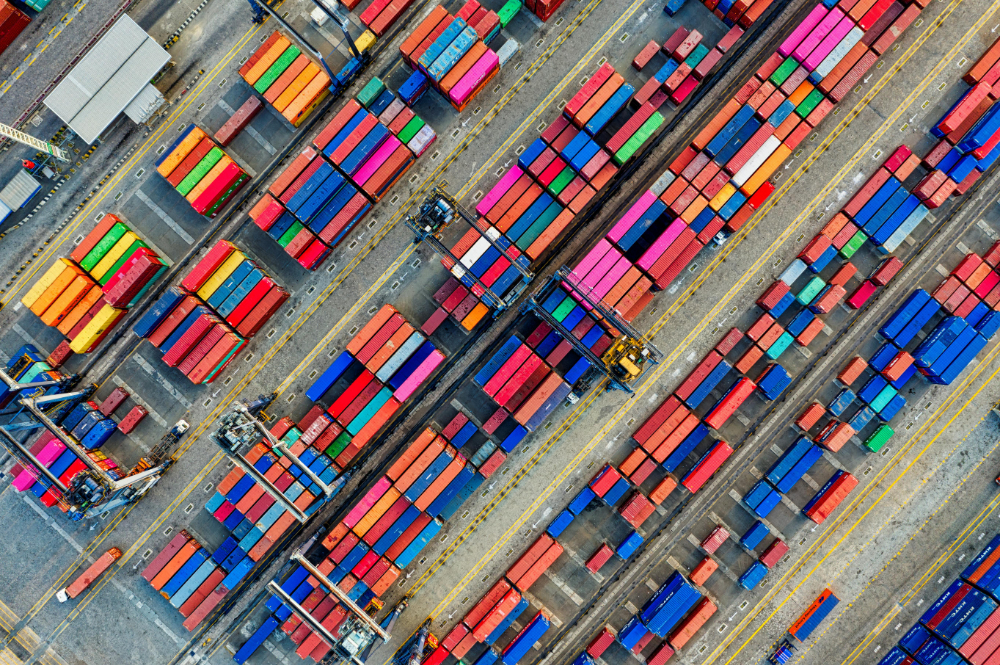Jakarta Globe is reporting that while the recent US tariff hikes will impact Indonesia’s economy and businesses, the effects are expected to remain manageable due to the country’s diversified trade portfolio, Coordinating Minister for Economic Affairs Airlangga Hartarto said on Tuesday (8/4/25.)
Speaking at a public discussion on the US tariff policy, attended by President Prabowo Subianto at Mandiri Tower in Jakarta, Airlangga emphasized that Indonesia is far less reliant on exports to the US compared to some of its regional peers.
“Indonesia isn’t heavily reliant on the US market; exports to the US contribute only 2.2 percent to our GDP,” Airlangga said. “In contrast, Vietnam’s exports to the US account for 33 percent of its GDP,” he added during the event, which was broadcast live by BTV Network.
“We can weather the impact of the tariff hikes. The United States isn’t our only major export destination, and we can begin taking anticipatory steps now,” he told the president.
Airlangga also noted that the sweeping tariffs introduced by President Donald Trump could present new business opportunities for Indonesia. With several countries facing higher US tariffs than Indonesia, many American investors are exploring relocation options to minimize costs, according to Jakarta Globe.
“Our footwear and textile industries must prepare to accommodate a possible influx of orders from US companies seeking more favorable tariff conditions,” Airlangga said.
He revealed that major brands like Nike have already requested virtual meetings to explore opportunities in Indonesia. “Our competitors: China, Vietnam, Cambodia, and Bangladesh, are facing steeper tariffs. This opens the door for Indonesia to take their place, especially in footwear manufacturing.”
According to Airlangga, Indonesia can offer more competitive pricing in the global market. “The factory price for Indonesian-made footwear is USD 15 to USD 20 per pair, which would face a USD 6 tariff under the new US policy. Yet US retailers still sell these shoes for USD 70 to USD 80 per pair, meaning there’s still room for profit,” he explained.
“Our garments are priced at USD 20 to USD 25 and retail for USD 80 to USD 100 in the US. So, the impact of the tariffs may not be as severe as initially feared,” he added.
Jakarta Globe reports that Airlangga said the Indonesian government will not pursue retaliatory trade measures but instead will seek direct negotiations with US officials.
He also mentioned that Indonesia is exploring increased imports of U.S. agricultural products, particularly from Republican-controlled states, as part of a strategic approach to strengthen bilateral ties.
Source: Jakarta Globe
Stock photo by Tom Fisk on Pexels


